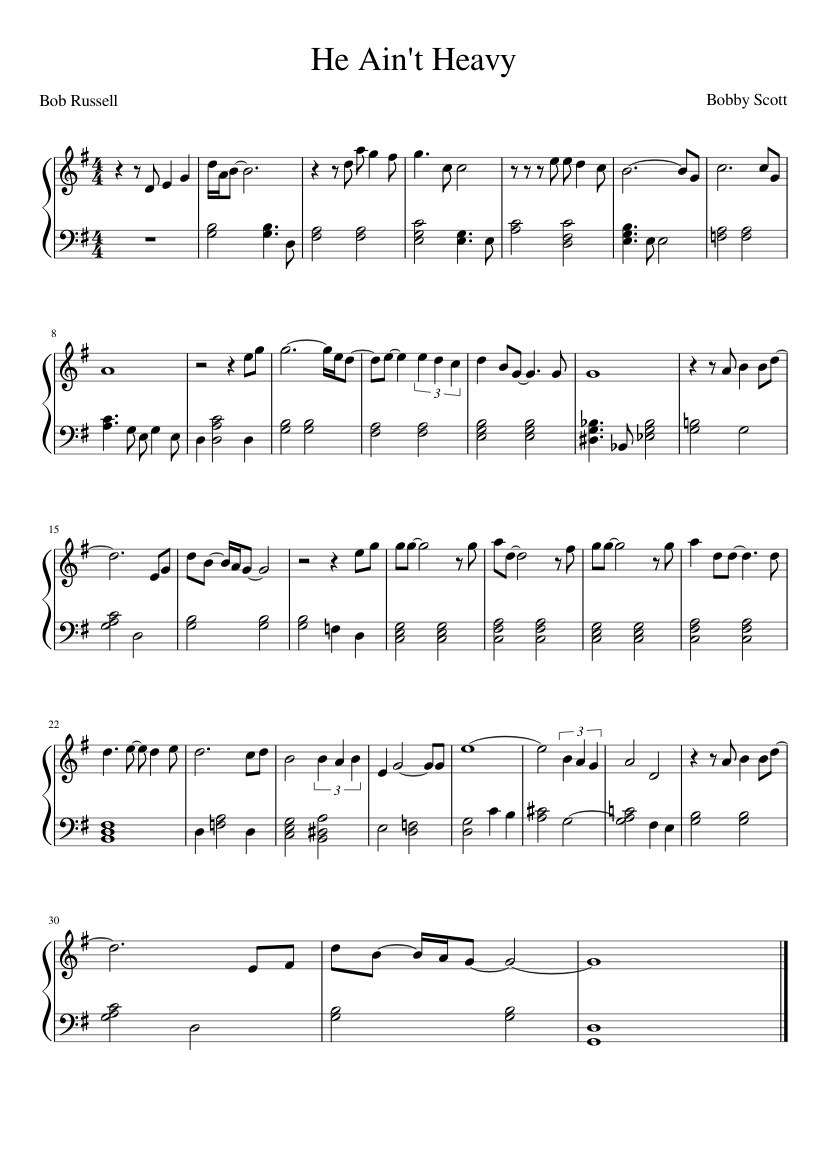
In our journey through life, we often encounter the concept of burdens—those weighty emotions, responsibilities, and challenges that we carry with us. Yet, amidst the struggles, there exists a profound beauty in the notion of bearing another’s burden, the essence of which is encapsulated in the timeless phrase: “He ain’t heavy, he’s my brother.”
These words, immortalized in song and sentiment, resonate deeply with the human experience. Originally penned by Bobby Scott and Bob Russell, the song “He Ain’t Heavy, He’s My Brother” embodies the essence of empathy, sacrifice, and unconditional love. Beyond its lyrical allure, it serves as a poignant reminder of our interconnectedness and the profound impact of supporting one another through life’s trials.
At its core, the phrase challenges conventional notions of burden-bearing. It speaks to a selflessness that transcends physical weight, emphasizing the emotional, mental, and spiritual load we often carry for those we hold dear. In a world where individualism often reigns supreme, this ethos of collective responsibility is a beacon of hope, reminding us of our inherent capacity for compassion and solidarity.
Arduous
The metaphorical weight we carry for others is not a burden to be shunned or avoided but an opportunity for growth and connection. It is in shouldering the struggles of others that we cultivate empathy, deepen relationships, and foster a sense of community. Through acts of kindness, understanding, and support, we lighten the load for those traversing life’s arduous paths, affirming their inherent worth and dignity.
Moreover, “He ain’t heavy, he’s my brother” transcends familial ties, extending its embrace to encompass all humanity. It underscores the universal kinship that binds us together, regardless of race, creed, or nationality. In a world plagued by division and discord, this ethos serves as a unifying force, reminding us of our shared humanity and the collective responsibility we bear for one another’s well-being.
In essence, the beauty of this timeless sentiment lies not only in its lyrical eloquence but in its profound truth. It challenges us to look beyond the surface, to see the person beneath the weight of their struggles, and to extend a hand of solidarity and support. It calls us to embrace the burdens of others as our own, knowing that in lifting them up, we elevate ourselves and enrich the fabric of our shared existence.
Conclusion
As we navigate the complexities of life, let us heed the wisdom of “He ain’t heavy, he’s my brother.” Let us embrace the burdens of empathy with open hearts and outstretched hands, knowing that in doing so, we honor the inherent dignity and interconnectedness of all humanity. For ultimately, it is through our collective acts of kindness and compassion that we illuminate the path towards a brighter, more compassionate world.









